-
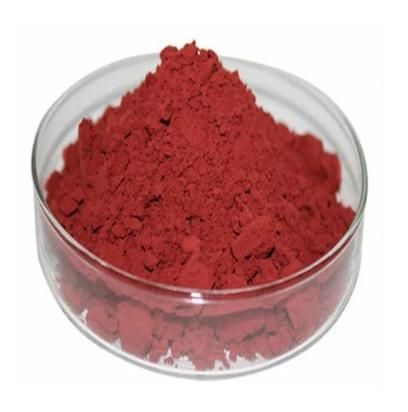
Vitamin B12 CAS:13408-78-1 Manufacturer Price
Feed-grade vitamin B12 is a crucial nutrient used in animal feed formulations. It supports energy production, red blood cell formation, nerve function, and overall growth and development in animals. It cannot be synthesized by animals and must be obtained through their diet or nutritional supplementation. Available in various forms, it is important to incorporate vitamin B12 into animal feed according to recommended guidelines provided by the manufacturer or a veterinarian.
-
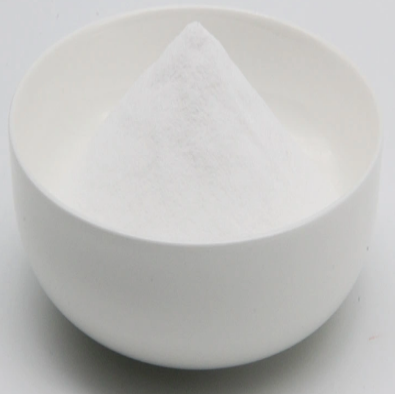
Vitamin C CAS:50-81-7 Manufacturer Price
Vitamin C feed grade is a nutrient supplement specifically designed for animals. It is a powerful antioxidant that supports the immune system, enhances collagen synthesis, aids in iron absorption, and helps animals manage stress. It is a vital component in animal feed formulations to ensure optimal health and performance.
-
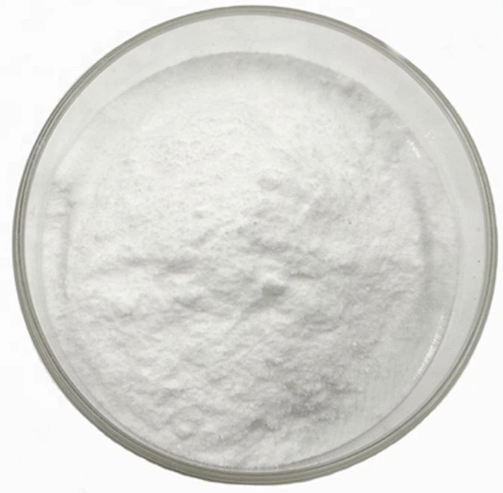
Albendazole CAS:54965-21-8 Manufacturer Price
Albendazole is a broad-spectrum anthelmintic (anti-parasitic) drug commonly used in animal feed. It is effective against various types of internal parasites, including worms, flukes, and some protozoa. Albendazole acts by interfering with the metabolism of these parasites, ultimately causing their death.
When included in feed formulations, Albendazole helps to control and prevent parasitic infestations in animals. It is commonly used in livestock, including cattle, sheep, goats, and swine. The drug is absorbed in the gastrointestinal tract and distributed throughout the animal’s body, ensuring systemic action against parasites.
-

Zinc Sulphate Monohydrate CAS:7446-19-7
Zinc Sulphate Monohydrate feed grade is a high-quality mineral supplement specifically formulated for animal feed. It is a white crystalline powder that contains a combination of zinc and sulphate ions. Adding Zinc Sulphate Monohydrate to animal feed can provide numerous benefits, including supporting growth and development, enhancing immune function, improving skin and coat health, and promoting reproductive health in animals.
-
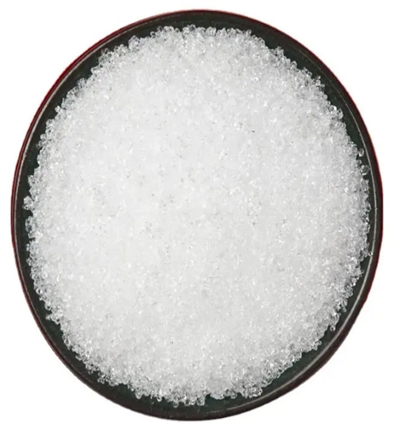
Tripe Super Phosphate (TSP) CAS:65996-95-4
Tripe Super Phosphate (TSP) feed grade is a phosphorus fertilizer that is commonly used in animal agriculture to supplement the diets of livestock and poultry. It is a granular phosphate fertilizer mainly composed of dicalcium phosphate and monocalcium phosphate, providing a high concentration of phosphorus for animals.TSP feed grade is primarily used to address phosphorus deficiencies in animal diets. Phosphorus is an essential mineral for animals as it plays a vital role in various physiological processes including bone formation, energy metabolism, and reproduction. It is particularly important in young animals for proper growth and development.By adding TSP to animal feed, farmers and feed manufacturers can ensure that animals receive an adequate and balanced supply of phosphorus. This helps prevent phosphorus deficiencies, which can lead to reduced growth rates, weakened bones, decreased reproductive performance, and other health issues.The specific dosage and incorporation of TSP into animal feed should be determined based on the nutritional requirements of the animal species, age, weight, and other factors. Consulting with a qualified nutritionist or veterinarian is recommended to ensure the proper use of TSP in animal diets.
-

α-Galactosidase CAS:9025-35-8
α-galactosidase is a glycoside hydrolase that catalyzes the hydrolysis of α-galactosidase bonds. Oligosaccharides such as raffinose, stachyose and verbasose can also hydrolyze polysaccharides containing α-galactosidase bonds, such as galactomannan, locust bean gum, guar gum, etc.
-
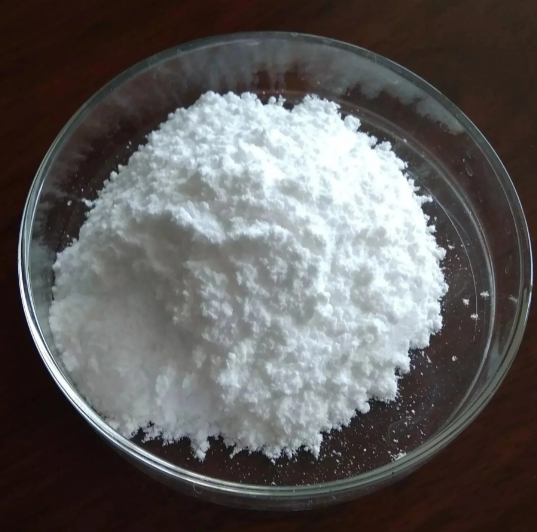
Calcium Iodate CAS:7789-80-2
Calcium iodate feed grade is a mineral supplement commonly used in animal feed to provide a reliable source of iodine. Iodine is an essential nutrient for animals, playing a crucial role in thyroid hormone production and regulation. The addition of calcium iodate to animal feed helps prevent iodine deficiency and supports proper growth, reproduction, and overall health. Calcium iodate is a stable form of iodine that is easily absorbed by animals, making it an effective and reliable source of this vital mineral in their diets. It is important to ensure that appropriate dosage and inclusion rates are followed to meet the specific iodine requirements of different animal species. Consulting with an animal nutritionist or veterinarian is recommended to determine the proper use of calcium iodate feed grade in animal feed formulations.
-

Acid Protease CAS:9025-49-4
Protease is a kind of hydrolase that breaks peptide bonds. It has a wide range of uses and is one of the main industrial enzyme preparations. It acts on protein and decomposes it into peptones, peptides and free amino acids, and is mainly used in food, feed, leather, medicine and brewer Chemicalbook industry.
-

β-Glucanase CAS:9025-70-1 Manufacturer Price
Beta-Glucanase BG-4000 is a kind of microbial enzyme produced by submerged culture. It is endoglucanase which specifically hydrolyzes beta-1, 3 and beta-1, 4 glycosidic linkages of Beta-Glucan to produce oligosaccharide containing 3~5 glucose unit and glucose.
Dextranase enzyme refers to the total name of multiple enzyme which can catalyze and hydrolyze β- glucan.
dextranase enzyme in plants exists with kinds of Complex molecules polymer together such as:amylum,pectin, xylan, cellulose, protein, lipid and so on. So, dextranase enzyme can be used only, but the more effective way to hydrolyzing cellulose is the mixed use with other relative enzymes, in which the use-cost will be reduced.
-

Chromium Picolinate CAS:14639-25-9
Chromium picolinate feed grade is a form of chromium that is commonly used as a nutritional supplement in animal feed. It is known for its ability to enhance the metabolism of glucose and improve insulin sensitivity. By doing so, it can help regulate blood sugar levels and support optimal energy metabolism in animals.
Chromium picolinate feed grade is often included in feed formulations for livestock and poultry, as well as in pet foods. It is particularly beneficial for animals with conditions such as insulin resistance or diabetes, as it can help improve glucose utilization and reduce the risk of metabolic disorders.
Additionally, chromium picolinate feed grade has been associated with improved growth performance and feed efficiency in animals. It can also enhance the immune system and promote overall health and well-being.
-
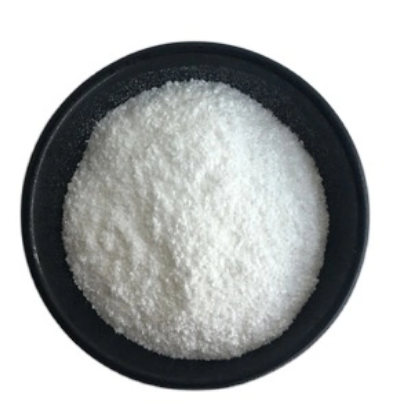
Cellulase CAS:9012-54-8
Cellulase is made from the strain of Trichoderma reesi through cultivation and extraction technique. This product can be used for feedstuff, brewing, grain processing, treatment of textiles with cotton, , stick gum or yarn as plus material and Lyocell fabric. It can also be used for the stonewash of jean garments together with pumice, or solely used for the ferment washing of different styles of jean fabric.
-
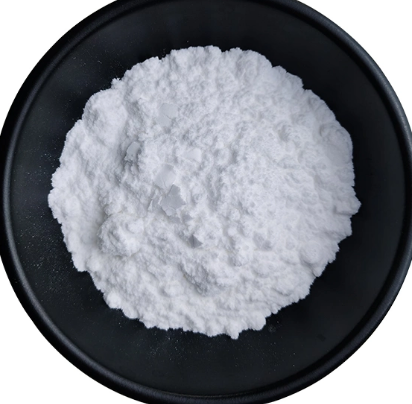
Lysozyme CAS:12650-88-3 Manufacturer Price
Lysozyme feed grade is a naturally occurring enzyme derived from egg white, which has been specially formulated for use as a feed additive in animal nutrition. It acts as an effective antimicrobial agent, helping to prevent the growth of harmful bacteria in the animal’s digestive system. By promoting gut health, lysozyme feed grade aids in improving feed efficiency and overall animal health. It is commonly used in poultry, aquaculture, and swine industries as a safe and natural alternative to antibiotics.

